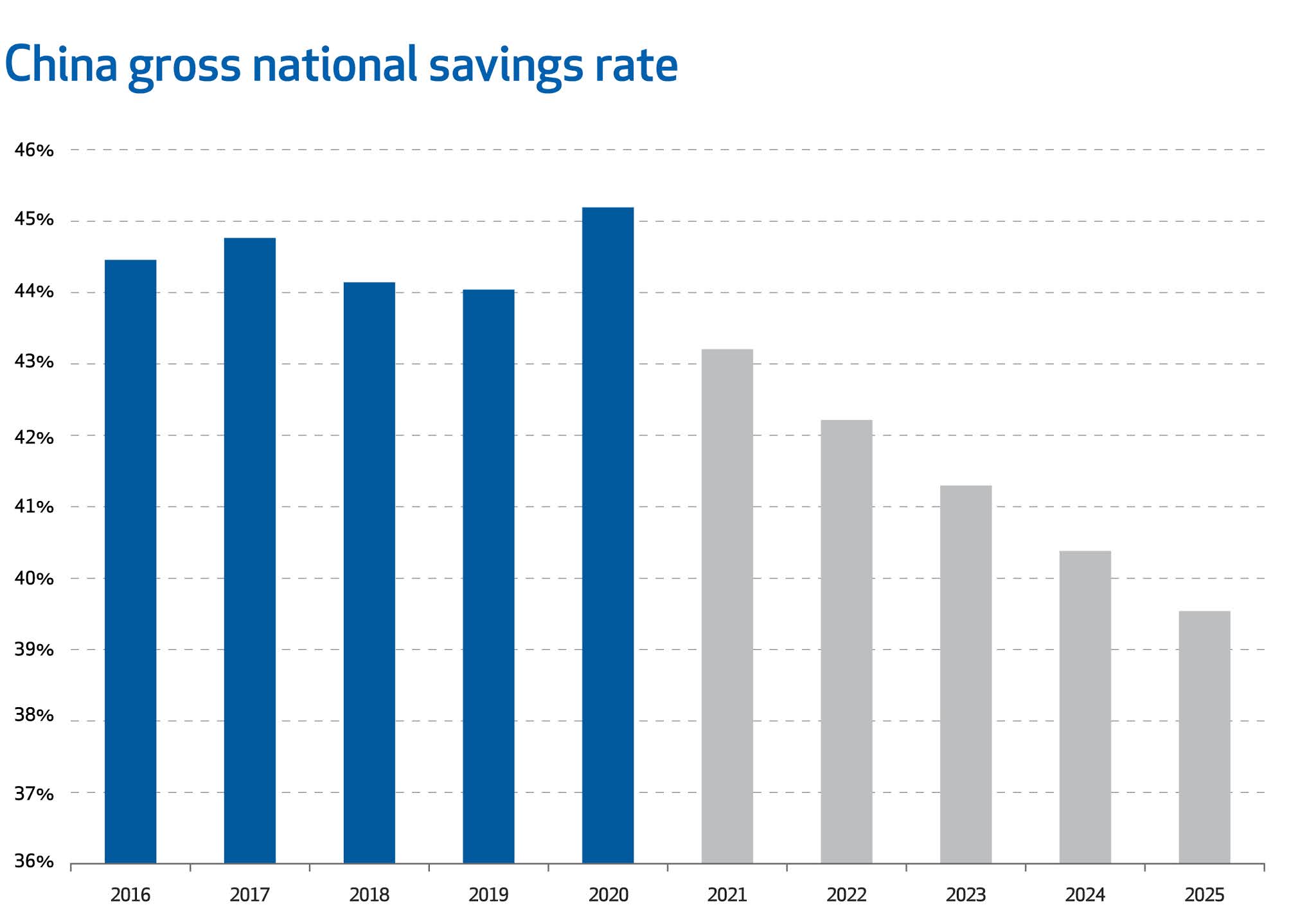Transfers highlight low financial literacy

Share markets were generally negative in September, which caused a friend of my teenage son, upon checking his KiwiSaver balance, to conclude that his provider was stealing his money. He could see no other reason why his balance would have decreased. We can smile at the young man’s assumption. After all, market movements, up and down, are a normal event, bearing in mind that they go up more often than they go down. But his assumption highlights the more serious issue of our financial literacy. And that if there are knowledge gaps, whether investors are costing themselves returns unnecessarily. It has been reported that up to 50,000 KiwiSaver investors moved $1.4 billion into cash and conservative funds in March 2020 as the COVID-19 pandemic took hold. Some will have been new funds being invested, but much more will have been the result of investors reacting to the pandemic and moving to a more conservative allocation fearing further losses if they remained in their more growth-o...





